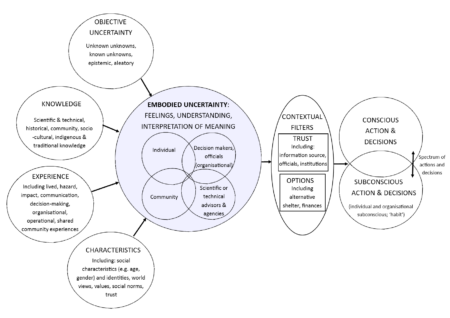
To bridge disagreements between conflict parties during the early stages of a mediation process, mediators like to apply creative ambiguity where they deliberately use ambiguous language for sensitive issues. Agreeing on broad concepts such as ‘democratic governance’ or ‘justice’ is often easier since the words allow for different understandings of what this will entail in practice. Such ambiguity, however, can raise problems during the implementation of a peace agreement. If conflict parties ascribe different meanings to certain terms and provisions, they are likely to clash again at the implementation stage. For this reason, peacemakers and mediators try to reduce ambiguity as much as possible before parties sign a peace agreement.




